The Beautiful Ones are Not Yet Born
2 comments
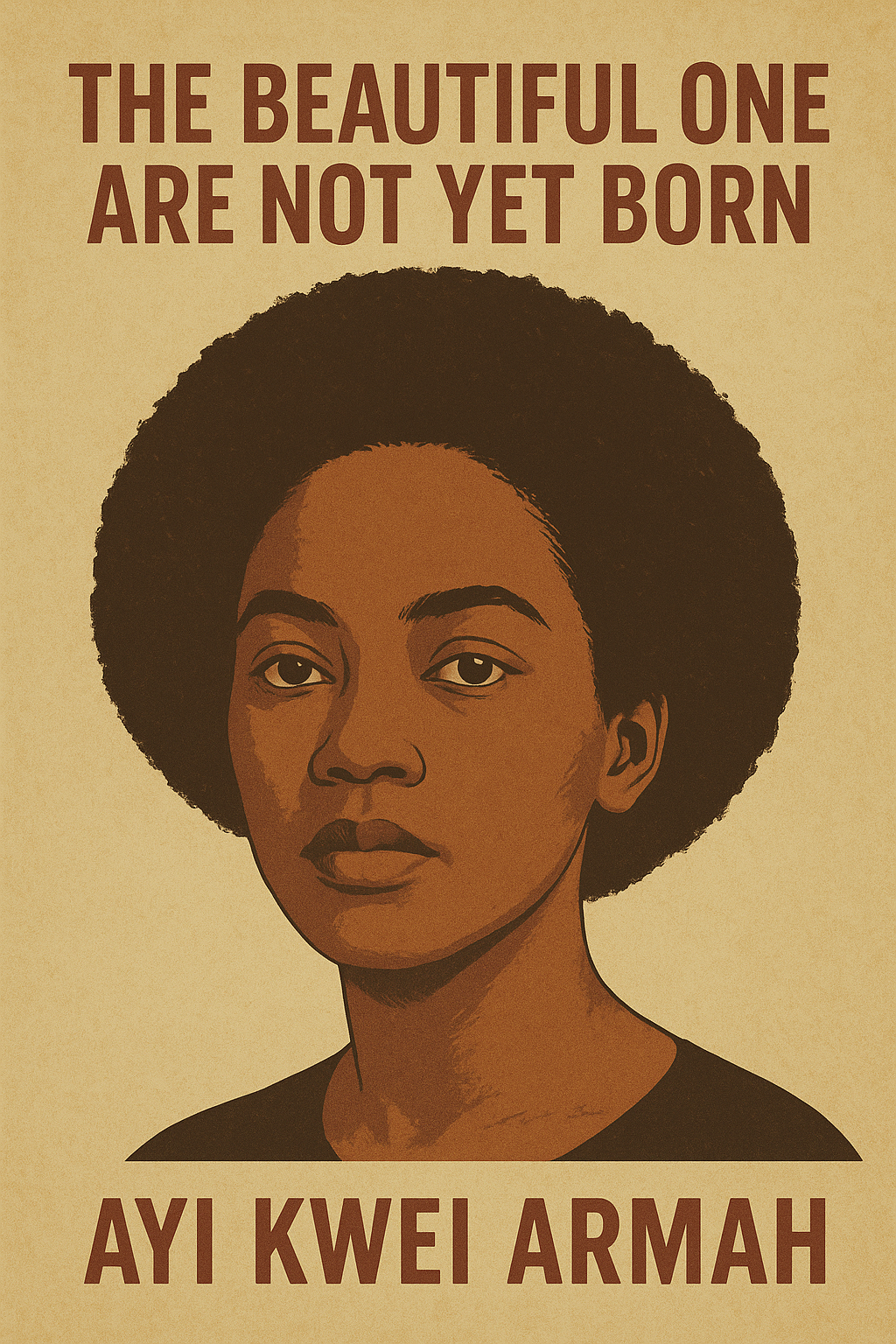
A Timeless Critique of Corruption: Reviewing The Beautiful Ones Are Not Yet Born
Ayi Kwei Armah’s The Beautyful Ones Are Not Yet Born (1968) is a searing portrayal of post-independence Ghana, where hope for a new era collides with the grim realities of corruption and moral decay. The novel’s title—intentionally misspelled—mirrors a slogan scrawled on a bus, symbolizing both the flawed aspirations of a nation and the lingering beauty of unrealized potential .
Plot and Themes
The story follows an unnamed railway clerk who resists the rampant bribery and graft that define his society. While his family and peers pressure him to conform—his wife Oyo chastises him for refusing bribes that could lift them from poverty—he clings to his principles, even as it isolates him . His old classmate Koomson, now a corrupt minister, embodies the hypocrisy of Ghana’s elite, living lavishly while the masses suffer. Armah’s visceral imagery—rotting trash, clogged latrines, and the stench of decay—metaphorically underscores the societal rot .
The novel’s climax arrives with a coup that topples the regime, forcing Koomson to flee through the same filth he once disdained. Yet, the protagonist’s fleeting hope—epitomized by the titular bus slogan—fades as he realizes corruption will persist under new leaders. The "beautyful ones," the uncorrupted leaders who could redeem Ghana, remain unborn .
Stylistic Power and Controversy
Armah’s prose is unflinching, blending satire with grotesque realism. Critics have debated his pessimism, with Chinua Achebe dismissing the novel as overly "alienated" from African optimism . Yet Armah’s scathing critique resonates deeply, particularly in scenes like Oyo straightening her hair to mimic European ideals—a poignant critique of colonialism’s cultural legacy .
The misspelled "beautyful" is no error but a deliberate choice, echoing the working-class voices often dismissed as uneducated. It also ties to ancient Egyptian symbolism, as Armah later clarified: the "Beautiful One" refers to Osiris, a mythic figure of fragmentation and renewal, hinting at Ghana’s cyclical struggles .
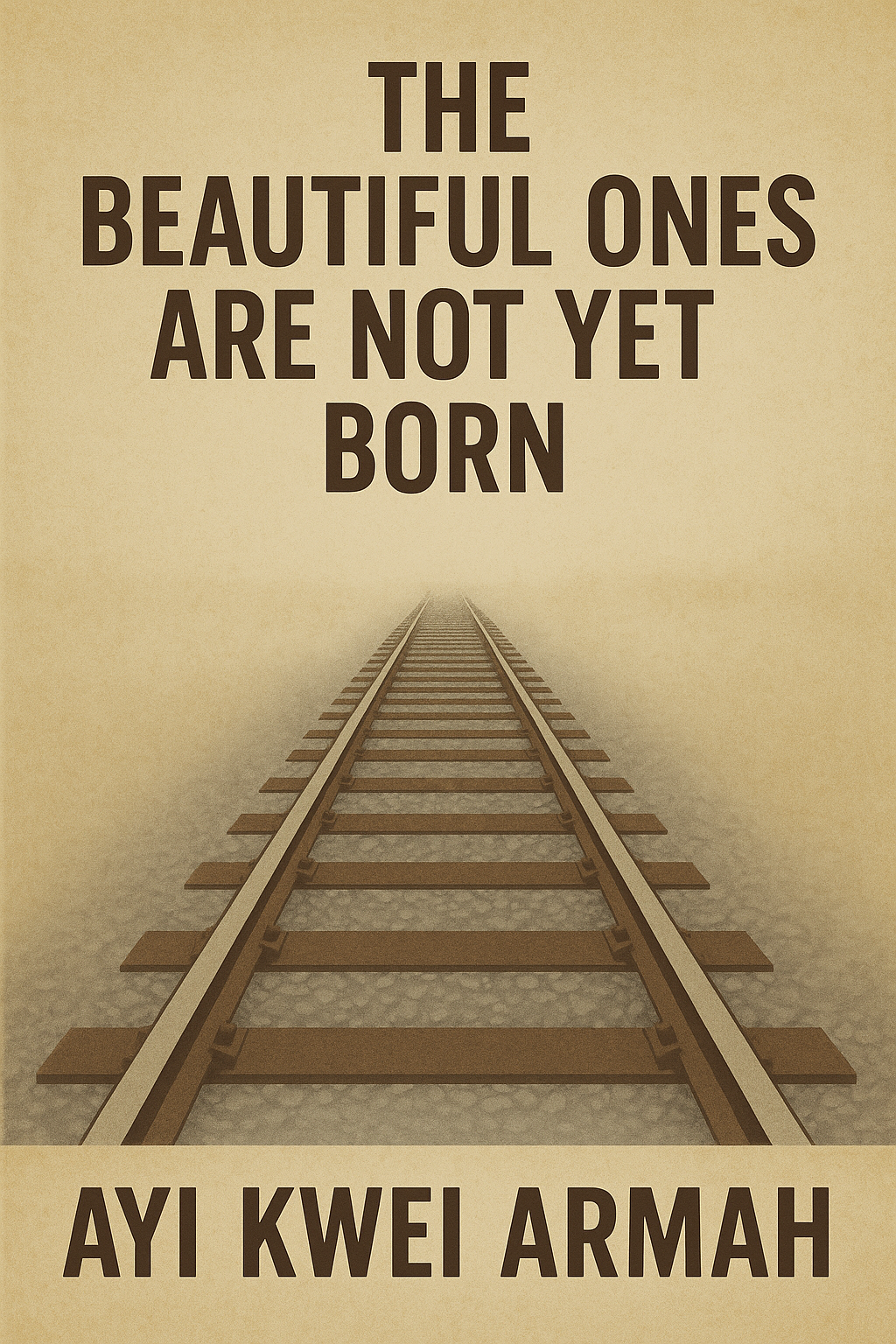
Legacy and Relevance
Decades later, the novel’s themes feel tragically prescient. Armah exposes how liberation movements often replicate the oppression they fought, a pattern seen across postcolonial Africa. The clerk’s defiance—though lonely—offers a quiet heroism, a call for integrity in systems designed to crush it .
For readers today, The Beautyful Ones is more than a historical snapshot; it’s a mirror reflecting ongoing battles against greed and moral compromise. Its bleakness is tempered by that final, ambiguous glimpse of hope—a flower on the bus, a promise that change, though distant, is worth striving for .
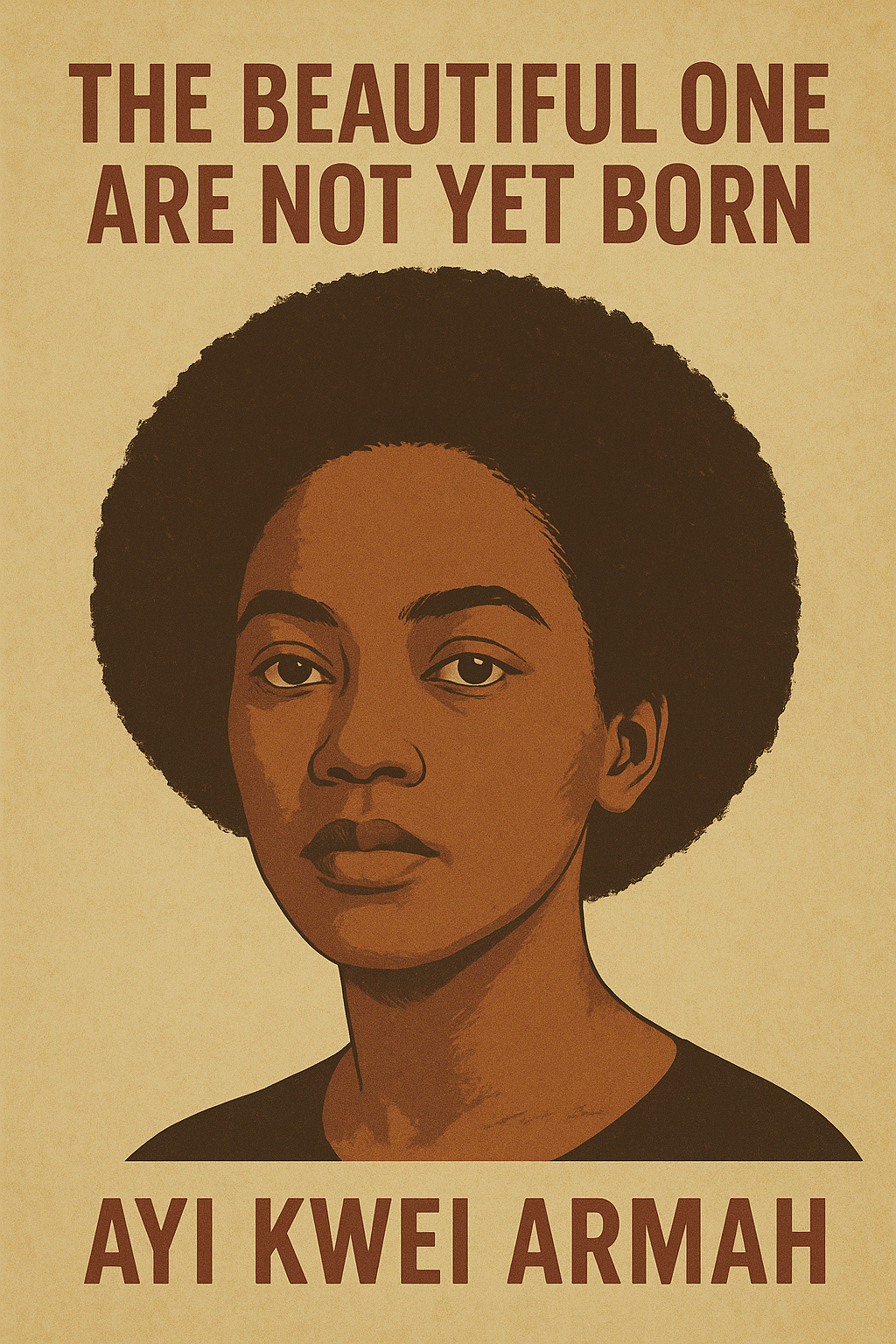
Final Verdict:
A masterpiece of postcolonial literature, Armah’s novel is as challenging as it is essential. Its unrelenting gaze at corruption may unsettle, but its moral core—and stunning prose—make it unforgettable.
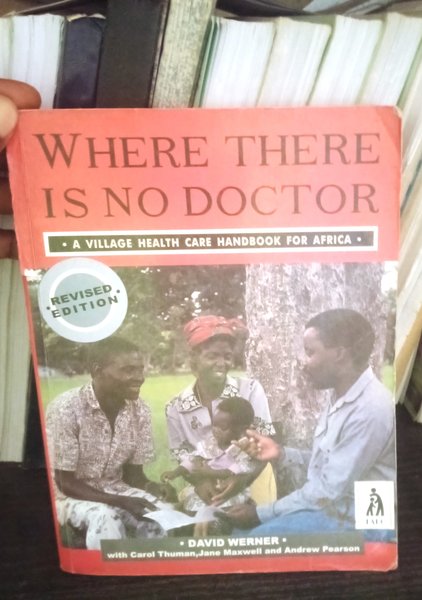
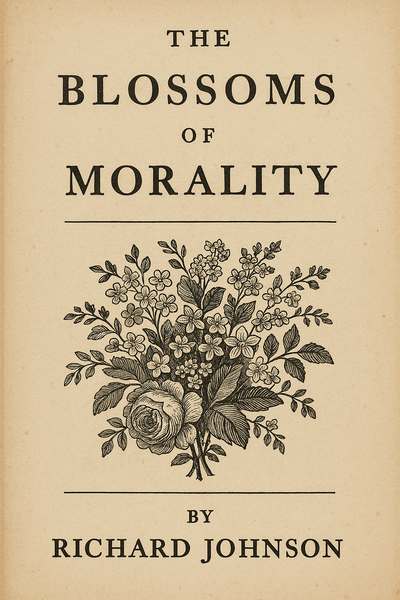
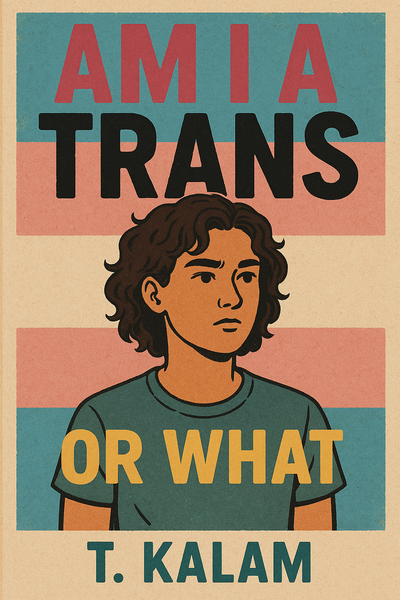
Comments